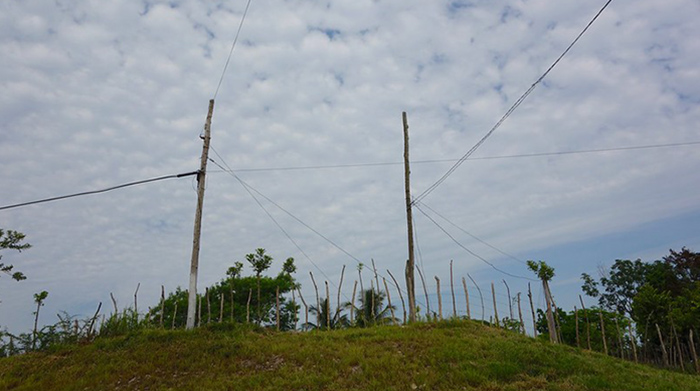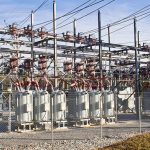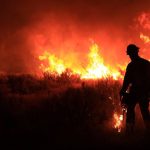Collapse of the Cuban Power Grid

Image courtesy of Nicolas Nova under Attribution-NonCommercial 2.0 Generic Deed, resized to 700 x 391 pixels.
The Cuban power grid collapsed in mid-October 2024 after one of the country’s largest thermal power plants (330 MW) failed. This, along with the damage caused by Hurricane Oscar, long-term fuel supply disruptions, and outdated equipment and technologies, has sent Cuba into the throes of a massive energy crisis.
Why the Cuban Power Grid is Hanging by a Thread
Performance of the island’s grid has been steadily declining for at least the past 3 years. Much of this has been caused by outdated thermal plants, which produce over 40% of Cuba’s electricity. Many of these plants are operating beyond their 30-year lifespan. In addition, the overall system has been operating at a generation deficit, without reserves, leading to a spike in outage frequency.
Part of the problem is that sanctions levied by the U.S. against Cuba limit the country’s access to the resources and technologies necessary to implement any sort of grid modernization plan. Specifically, in Feb. 1962, President John F. Kennedy authorized an embargo on trade between the U.S. and Cuba due to the latter’s bad behavior, and this embargo remains in place today.
Thus, while the previously mentioned 330 MW power plant has been restored, it won’t cure the overall system which has suffered from decades of mismanagement and increasing obsolescence. Although the country announced the addition of 489 MW of incremental power by the end of 2023, it has not been enough.
It’s unclear at this time if a viable path exists for Cuba to mitigate these issues. From my seat, there does not appear to be any quick fix. The U.S. sanctions have severely limited what Cuba is able to do in this regard, and its geographic location is prone to hurricanes. Mexico officials have offered to help, but this level of assistance can only go so far.
The bottom line is that there is little hope for an improvement to the Cuban power grid in the near future, and that’s a real shame for the folks who have to deal with the non-stop outages.



